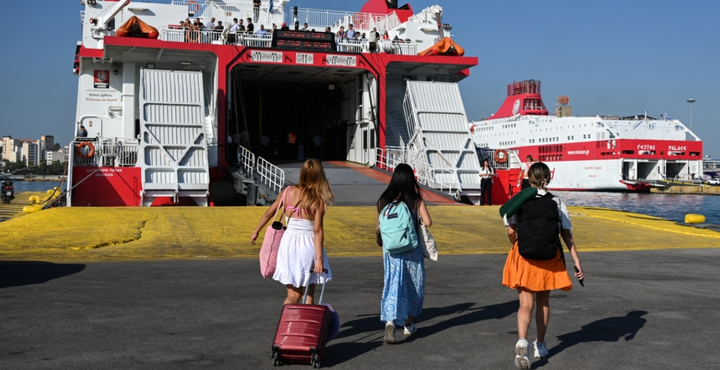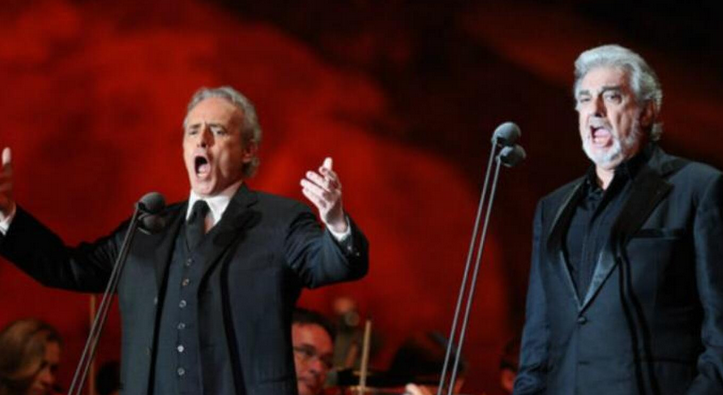The scene seemed more suited to an Austin Powers spy farce than a John le Carré cold war intrigue.
“I told Moscow that you are such a good boy,” lieutenant colonel Sergey Solomasov, a spook working for Russia’s GRU military intelligence agency, told his Slovak contact, Bohus Garbar. “Moscow decided that you’ll be a hunter.”
But Solomasov — on paper, Russia’s deputy military attaché in Bratislava — was wrong. Garbar did not get a chance to hunt. Instead he was the hunted: Slovak agents had filmed the meeting with his handler.
On March 14, Solomasov was one of three Russians expelled from Slovakia “for acting in contravention of the Vienna convention on diplomatic relations”. Though Garbar — a well-connected, muckraking blogger — was a lowly target, the Russian’s other recruits were not: Solomasov’s network included a Slovak colonel and a senior official in counter-intelligence.
Keeping track of the Kremlin’s espionage activity in the west has become an even more urgent task since Russia’s invasion of Ukraine upended Europe’s security order. But many countries are still playing catch-up with Moscow’s undercover activity on their soil.
Greek Top Gun exercise “Iniohos 2022” kicks off
“What we know about [it] is almost certainly the tip of the iceberg,” said Keir Giles, senior consulting fellow of the Russia programme at Chatham House. “For many years there has been a conspiracy of silence, with western powers reluctant to talk about Russian activities or even go after them.”
Eight serving European intelligence officials and diplomats interviewed by the Financial Times said Russia’s covert operations in Europe had been expanding at a rate that counter-espionage efforts have struggled to match. Several countries still rely on US and UK intelligence gathering because of restrictions on domestic surveillance and a lack of resources.
A round of expulsions this month points to the scale of the problem. In addition to the Slovak defenestration, three Baltic states and Bulgaria announced expulsions of 20 alleged Russian agents in total. And Poland declared 45 Russian diplomats personae non gratae, alleging all to be using diplomatic cover to undertake intelligence work.
Read more: FT






































